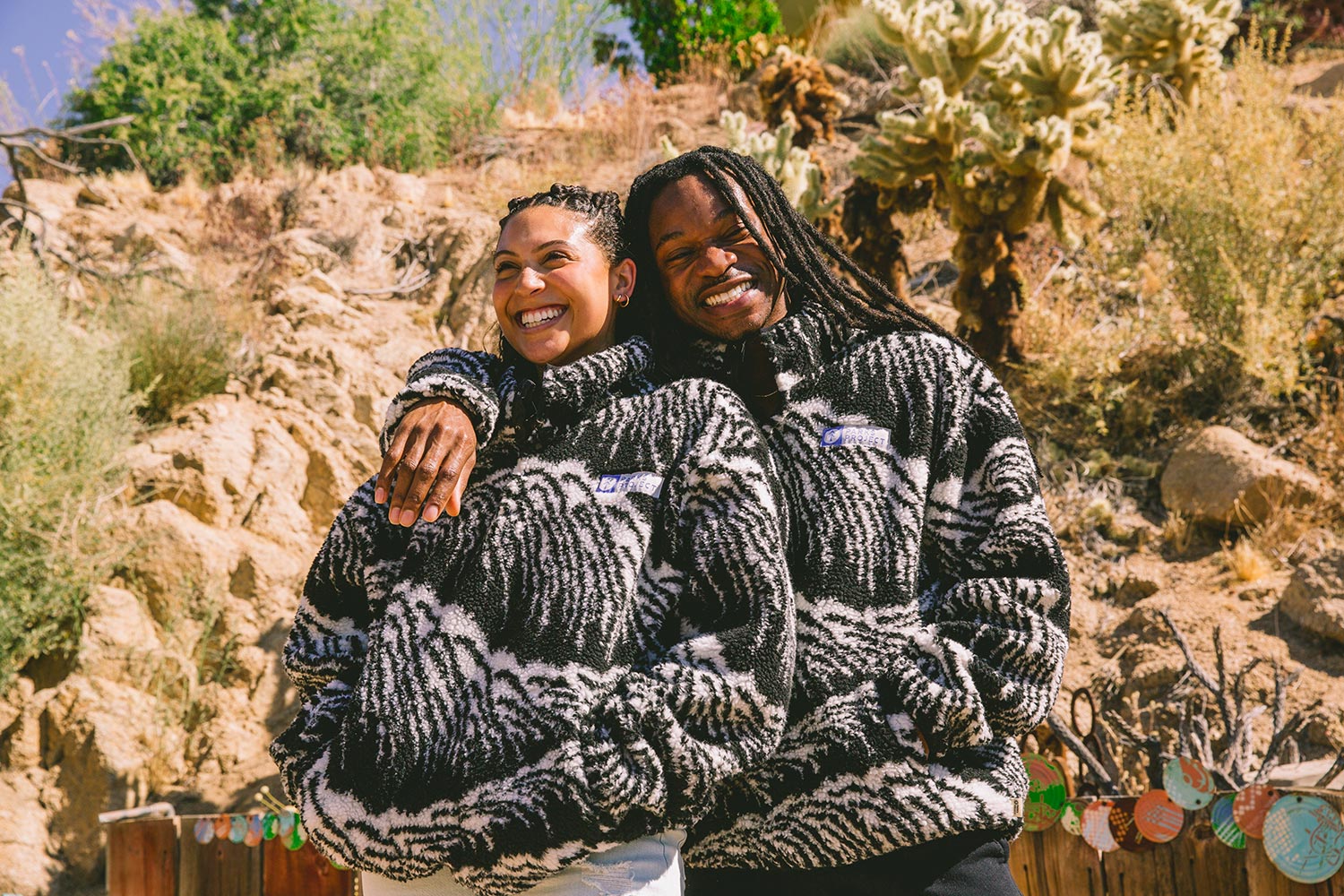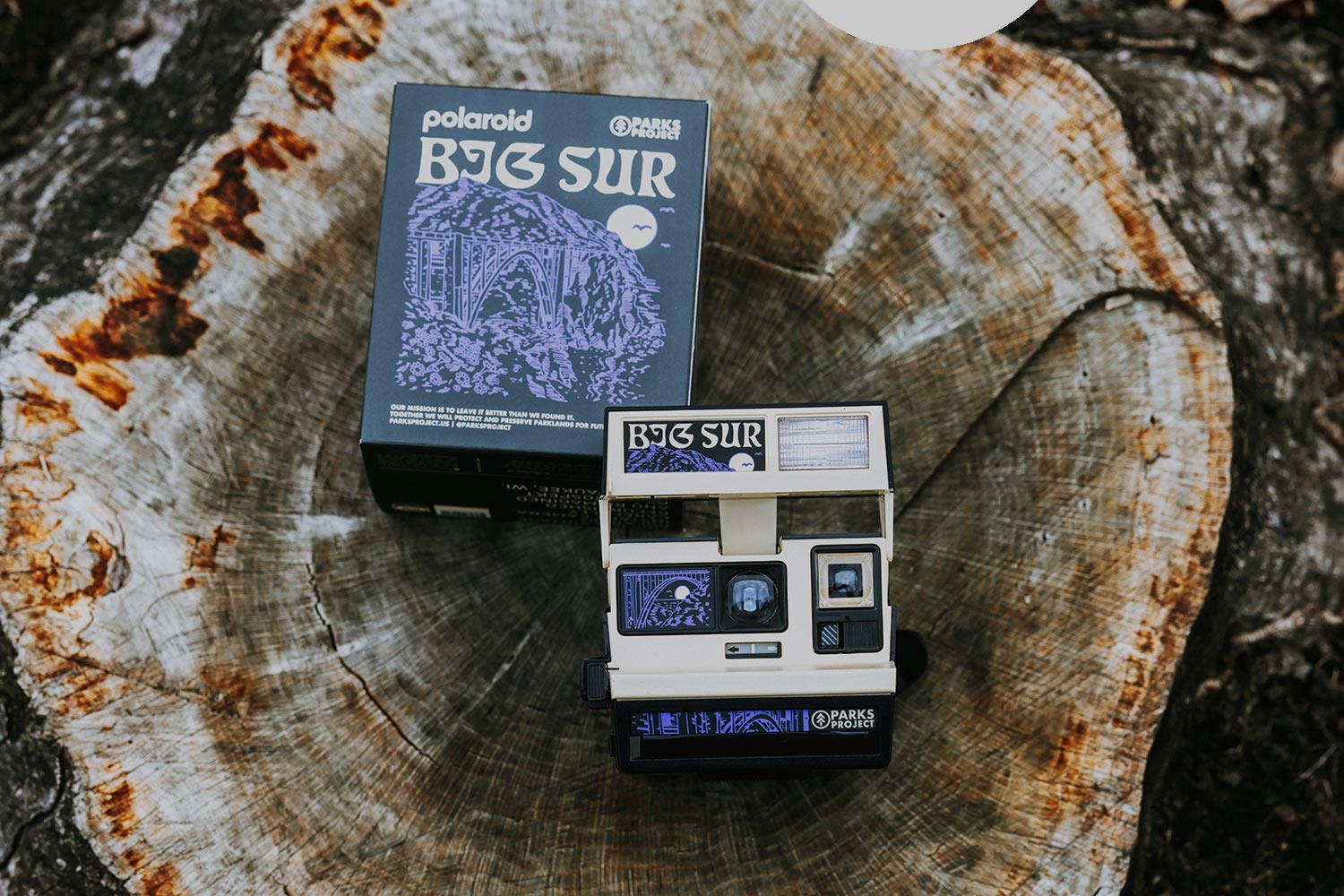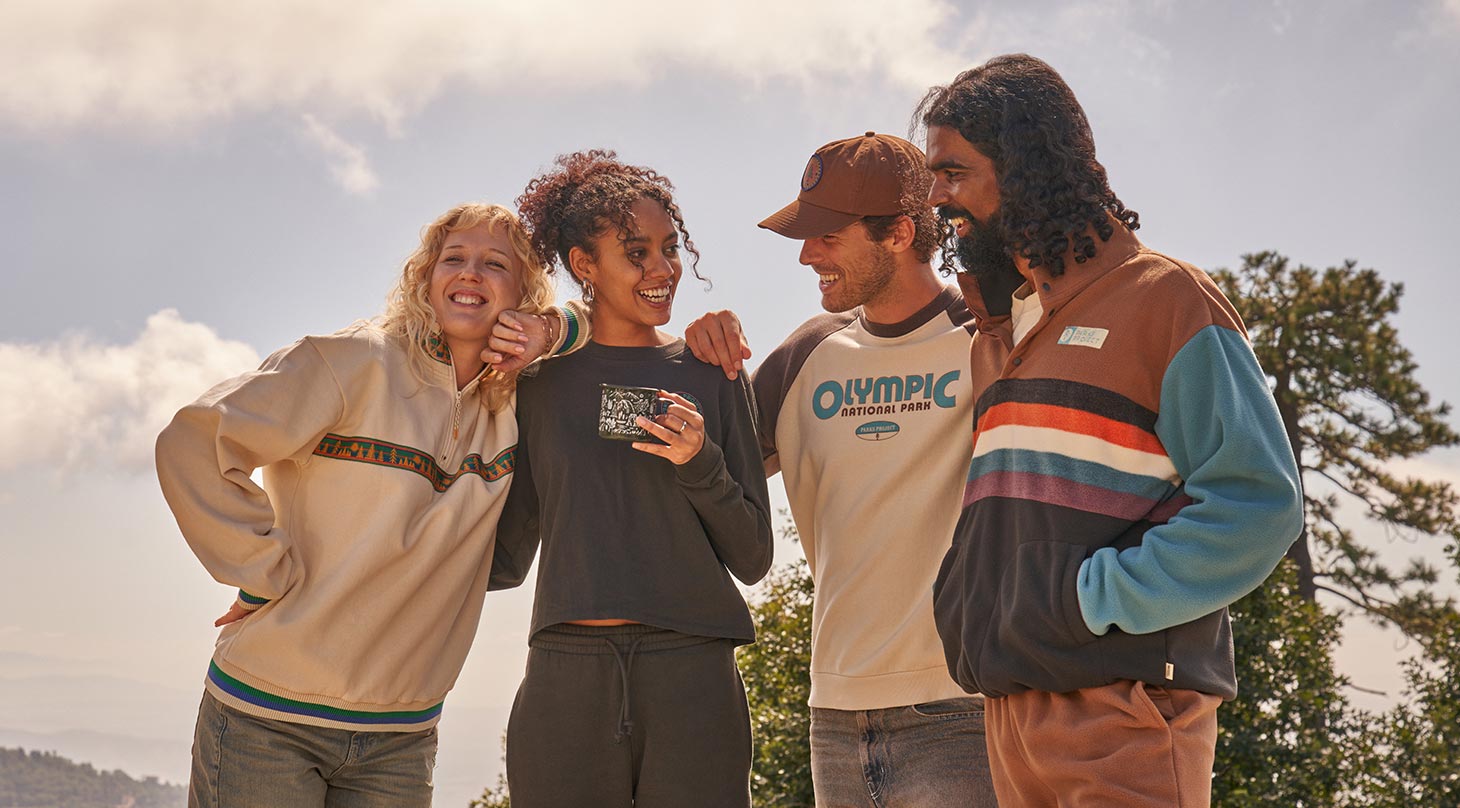We’re diving deeper into the national parks with a spotlight on the people who connect with them internally whether that’s through a career, a lifestyle, a passion, or simply being a local.
Cindy Villaseñor is an educator, activist, environmental advocate, plant-lover, and explorer. Her mission is to help others get on track of their own sustainability journey in a practical way while understanding that “zero” waste is nearly impossible in today’s age. To celebrate Earth month, we thought we would gather some more information for our community to learn about a low waste lifestyle and how to implement that into your own routine both at home and outdoors from Cindy herself.
Cindy has been an advocate for low waste living since her studies in environmental science had begun back in 2013. Now, bringing this to the forefront of her focus 10 years later, she has made it her lifestyle. Currently working as a garden ranger at a non-profit in LA, she continues to not only educate the students visiting, but also her community on social media. You can follow her sustainability journey via her Instagram @cerowastecindy along with her blog cerowastecindy.com.

Q: When did you begin paying attention to the changes you wanted to make in your own lifestyle in order to head in a sustainable direction? How attainable is this for your everyday person?
A: I started really paying attention after I took an environmental science class in 2013. It started with simple things like using a reusable water bottle. The summer after taking that class I became vegan for environmental reasons. When I moved out with my partner, I was able to make even more changes. I think we all have different things we can do, but accessibility can play a part, whether that's having access to bulk stores, refill stores, or clean water. So something to keep in mind; not all of us have access to the same things, but it can be attainable for the everyday person to not over consume things that we don’t really need. A sustainable lifestyle is also about using what you already have on hand and repairing and reusing what you can. I think that’s something attainable we can all do in our daily lives.

Q: What advice would you give for beginners when looking back at your upbringing into low waste living?
A: Don't be too hard on yourself. Many folks are just starting to learn how some of our lifestyles impact humans and mother earth. Take it step by step, and see what works for you. Remember, we are not perfect!

Q: With Spring right around the corner, what are your three cents in making a road trip more environmentally friendly? And how would you say low waste living impacts outdoor recreation?
A: Bringing reusables, preparing food ahead of time, leaving no trace.
Low Waste living can impact outdoor recreation by simply not leaving trash behind. Oftentimes we see many beautiful places covered with trash, like single-use plastics and food wrappers.
Q: What are your top 5 go-to low waste products when traveling?
A: Reusable on the go kit (eating utensils, container, reusable napkin/towels) , kula cloth (reusable Antimicrobial pee cloth), tooth tabs, bamboo toothbrush, reusable water bottle.

Q: It’s so easy to order everything online nowadays by the click of a button, especially since the beginning of the pandemic. It’s also so easy to forget the impact this has on the environment since it’s “out of sight out of mind” once we click ‘order’. Can you give us some tips on shopping with awareness? What are some green flags you look for in retail online?
A: Yes I agree that it has! Since overconsumption is a big problem, we can start by asking ourselves “Do I really need this product?”. Second, would it be possible to get it secondhand? Third, look to see if the company has sustainable practices in place or certifications like Certified B Corp, 1 % for the Planet, Fair trade and whether the product is made with sustainable or recycled materials.

Q: What are 5 essential rules you follow at home to create that low waste impact? Whether that’s by water usage, trash and composting, cleaning, cooking, electricity, etc.
A: Our number one rule would have to be everything organic has to be COMPOSTED. Followed by making sure we clean out recyclables so they don’t contaminate the rest of the bin.
Shopping second hand first when possible for household needs, like furniture.
Reusing any plastic bags or brown paper bags that somehow make it to our place.
Cook vegan meals.
Limit the use of disposables. Use reusable napkins, towels, even toilet paper (okay don’t be grossed out lol, they are used alongside a bidet, and they are only for my partner and I, used once and washed with our laundry, just like underwear would be washed :). Have Tree free toilet paper available for guests.
Q: What is your favorite national park and how do you remember to leave the parks better than you found them?
A; Yosemite has always had a special place in my heart. Yosemite is where I planned our first camping trip many years ago, and where I exchanged vows with my husband. Leaving parks better than I found them by picking up trash even if it’s not my own while respecting the land and staying on designated trails is essential to leaving no trace behind.






